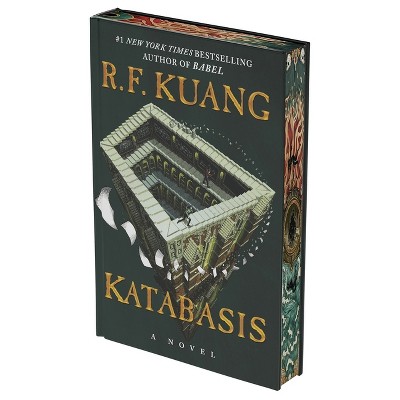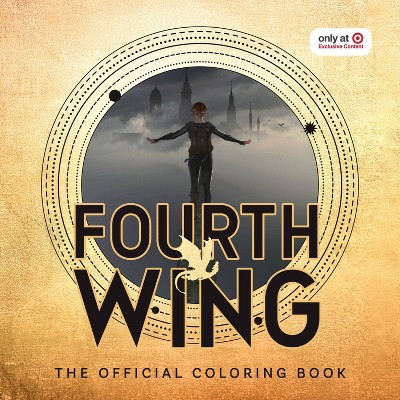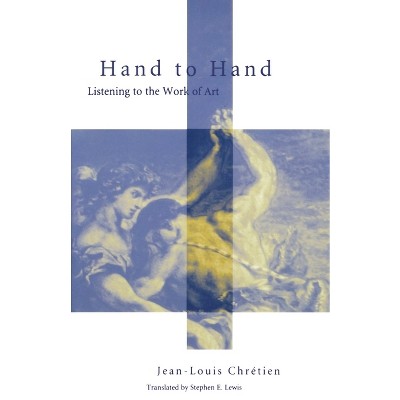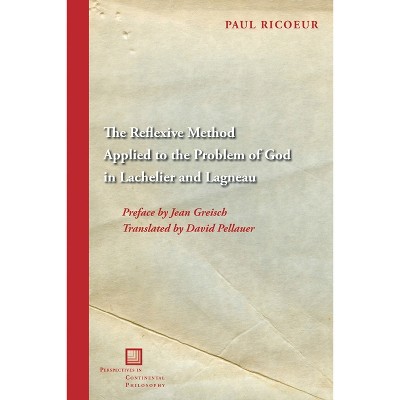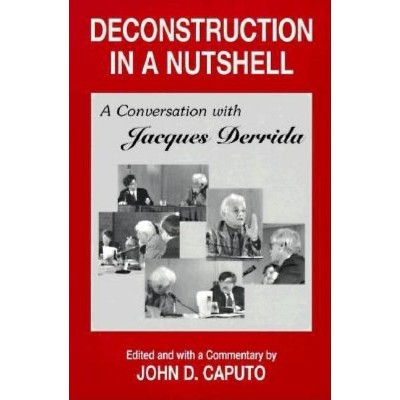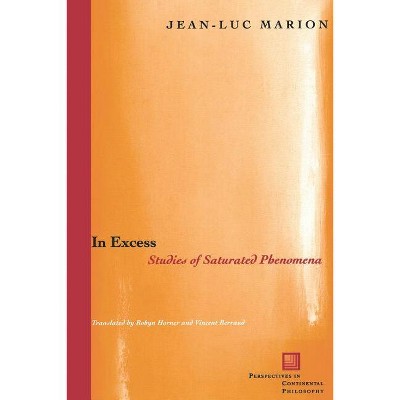Commiserating with Devastated Things - (Perspectives in Continental Philosophy) by Jason M Wirth (Hardcover)

About this item
Highlights
- Commiserating with Devastated Things seeks to understand the place Milan Kundera calls "the universe of the novel.
- About the Author: Jason Wirth is Professor of Philosophy and the current Piggott-McCone chair of the Arts and Sciences at Seattle University.
- 256 Pages
- Philosophy, Aesthetics
- Series Name: Perspectives in Continental Philosophy
Description
About the Book
This study will attempt to understand, through both a careful reading of Kundera's oeuvre as well as a consideration of the Continental philosophical tradition, the place that Kundera calls "the universe of the novel." I argue that Kundera transforms--not applies--philosophical reflection within the art form of the novel.Book Synopsis
Commiserating with Devastated Things seeks to understand the place Milan Kundera calls "the universe of the novel." Working through Kundera's oeuvre as well as the continental philosophical tradition, Wirth argues that Kundera transforms--not applies--philosophical reflection within literature.
Reading between Kundera's work and his self-avowed tradition, from Kafka to Hermann Broch, Wirth asks what it might mean to insist that philosophy does not have a monopoly on wisdom, that the novel has its own modes of wisdom that challenge philosophy's.Review Quotes
I can think of no one who has done a greater service than Wirth at straddling these margins between philosophy and the novel and, in so doing, putting the novel--with Kundera as representative--and
philosophy into such a cogent entretien. Wirth proves himself to be a profound guide through the minefield placed along the line between these two worlds which are difficult enough to navigate on their own, but which grant us insights exponentially when placed side by side.
Wirth's book is an enormous gift. It flirts successfully with Philosophy's self-proclaimed grandeur without giving up on its deepest, often laughable desires. It is in its encounter with the novel that Philosophy is best tested, teased, and held accountable. And in the absence of a conversation with Philosophy, perhaps the novel's own explorations--of contingency, ambiguity, and irony--lack the kind of pursuit its implications demand. Wirth's commiserations with Kundera's concerns and with Philosophy's display the best of both worlds, with rich and stunning force.
Perhaps no novelist satirizes Philosophy more compellingly than Kundera while seducing any thinker to dare rescuing it from its own well-worn fantasies. I can think of no one who's done a greater service than Wirth at crossing the borders, at putting Kundera's labors and those of Philosophy into such compelling dialogue. Both testaments risk betrayal; neither is betrayed. We can be grateful for Wirth's exceptional guidance in how to inhabit both worlds so fully.-----Timothy Engstrom, Rochester Institute of Technology"A unique, groundbreaking work that crosses the disciplinary lines between philosophy and literature to advance a highly creative thesis regarding the nature of thinking itself."---Leah Kalmanson, Drake University
Like Kafka but for different reasons, Kundera has been not been fully at home in Prague, and so it is not surprising that this major reflection on existential, political, musical, and novelistic dimensions of Kundera's literature and literary theory migrates beyond Bohemian coasts. Writing with a Zen sense of Czech irony and from a comparative East-West perspective, Wirth situates Kundera's opus at the borders of philosophy and literature. Commiserating with Devastated Things draws Kundera's characters and ideas into dialogue with the intellectual history from Plato to Nietzsche to Musil and Kafka to Deleuze and Dōgen.-----Martin Matustík, Arizona State University
About the Author
Jason Wirth is Professor of Philosophy and the current Piggott-McCone chair of the Arts and Sciences at Seattle University.
